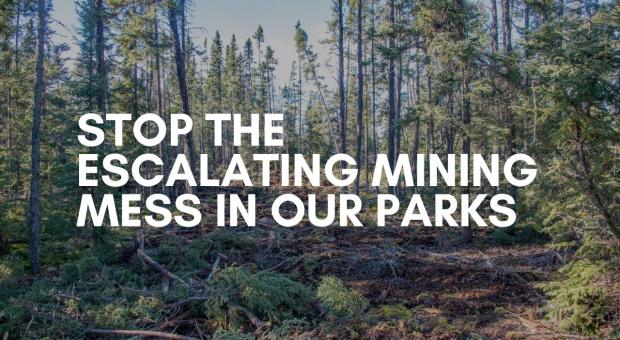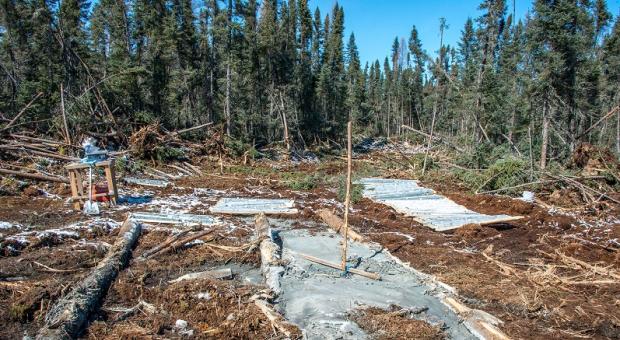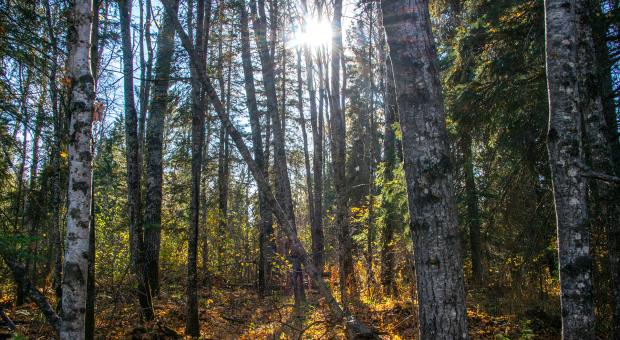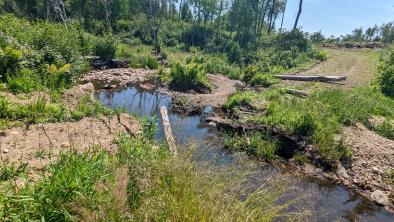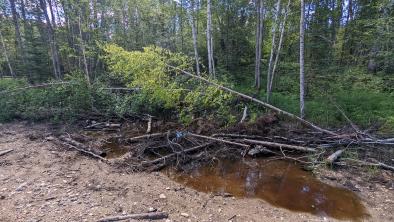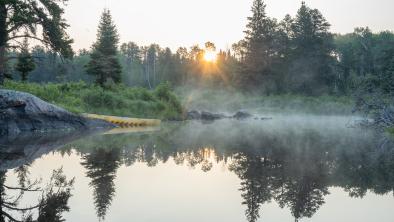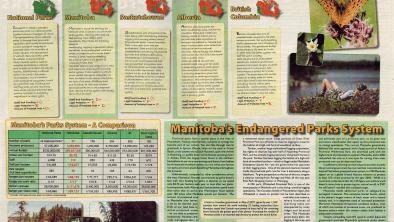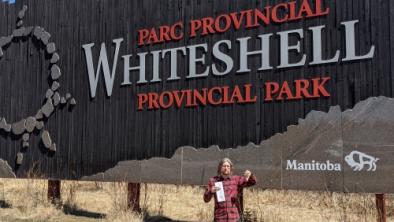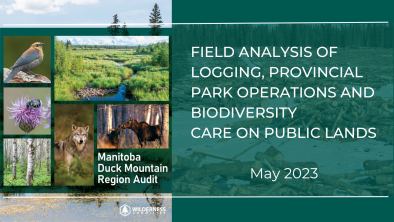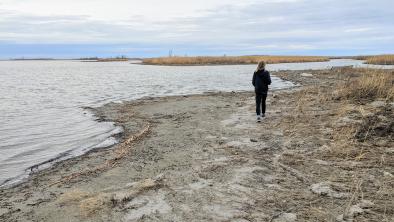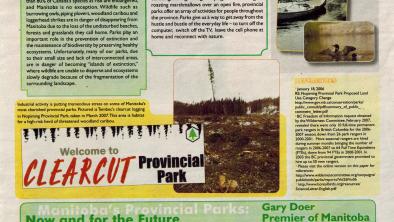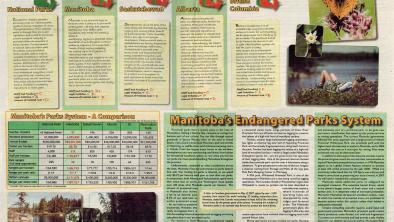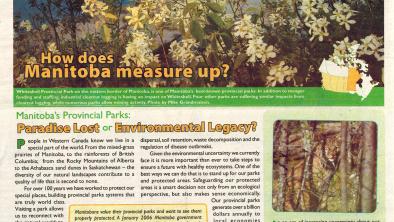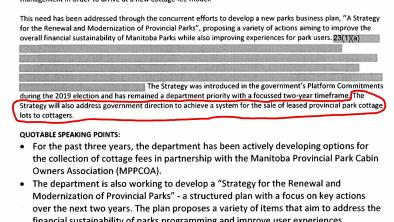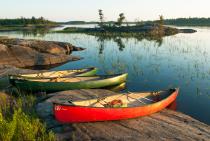When folks think of experiencing the outdoors, their first thought is often parks. Provincial parks in the lands now called Manitoba are home to sparkling lakes, clear rivers, sandy beaches and wild boreal forests. You can hike through natural grasslands in Spruce Woods, relax on the pale sand at Grand Beach, cross-country ski at Duck Mountain, spot rare orchids in Nopiming or paddle down world-famous canoeing rivers in Atikaki.
Manitoba established a provincial park act in 1961 and the wilderness that we love became recognized under the law.
The Wilderness Committee’s Parks Defense campaign advocates for park protection from industrial activity like mining and logging currently destroying parks, adequate funding for parks and the expansion of the protected areas network across the province. All of this is done with the consent of Indigenous communities.
A frequently hidden truth about our parks system is the dark history of displacement and disruption of Indigenous communities caused by park establishment. This involved both moving communities out of areas to be designated as parks and barring Indigenous activities like harvesting and ceremony. In an era of decolonization and reconciliation, we all must acknowledge and rectify these ongoing wrongs.
The Wilderness Committee has published a new report, No Conservation Without Justice, and we encourage all of our supporters to read it.
Goals for more parks and protected areas
Indigenous protected areas in Manitoba
Your much appreciated donation keeps this work going!
Get in on the action and make a difference!
Help spread the word!
Provincial policy is absolutely crucial to protecting the nature that sustains us. From regulating resource extraction and industrial activity to planning for increasing population without sacrificing clean water, land and air — provincial government actions impact every part of our lives.
